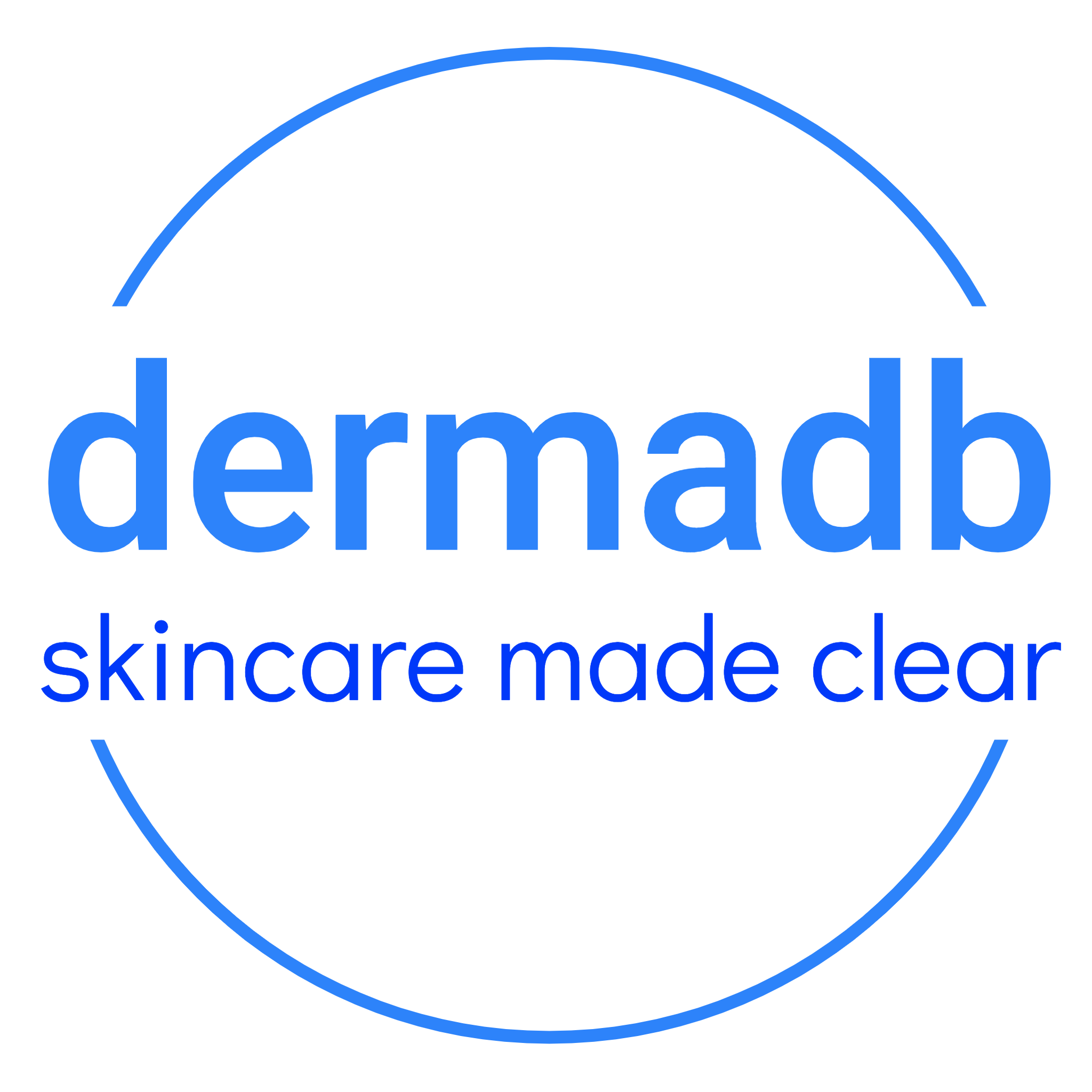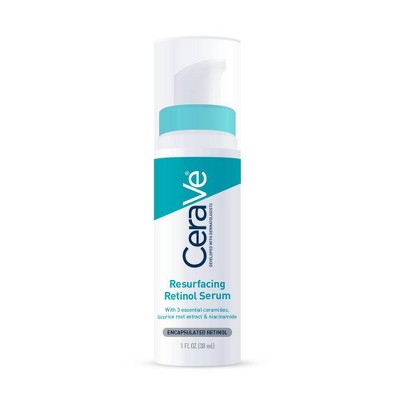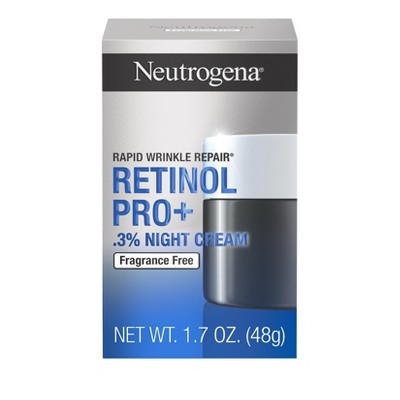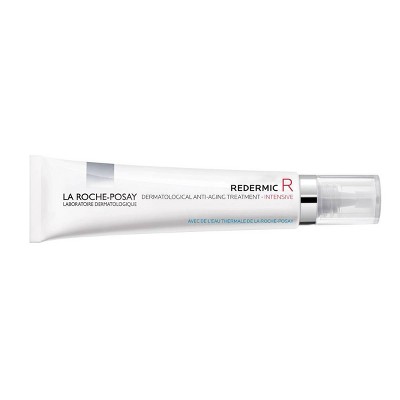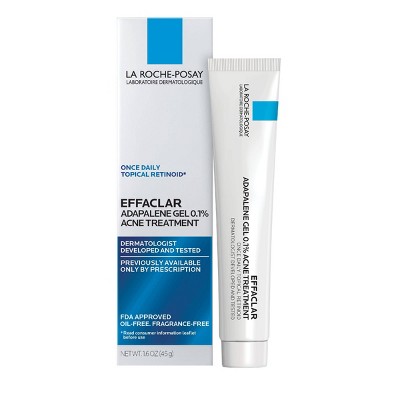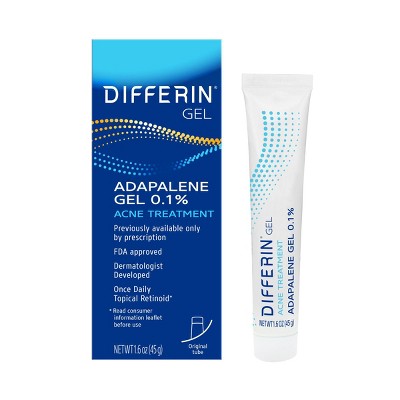Retinoids: Vitamin-A powered skincare superheroes
Browse all skincare products that contain retinoids in our comprehensive DermaDB database
Retinoids are a derivative of vitamin A that helps to improve the appearance of fine lines, wrinkles, and skin texture, as well as treat acne and improve overall skin tone.
What is the difference between retinol, retinal and retinyl?
The term "retinoid" refers to an entire group of Vitamin-A derivatives that range in strength from off-the-shelf up to prescription-grade formulations. The biologically active form is retinoic acid. There are a number of ingredients with very similar names that form a hierarchy on the pathway to producing retionic acid.
| Retinyl palmitate (lowest strength) |
The lowest concentration of retinoids, can take a long time to convert into the biologically active retinoic acid but the skin reacts well to it. Ideal for very sensitive skin. |
| Retinol | An over-the-counter first-generation retinoid that is generally used for anti-aging purposes, as it can help to reduce the appearance of fine lines, wrinkles, and age spots. This is the ingredient most commonly found in skincare products. |
| Retinal | A molecular ingredient that is closer to retinoic acid than retinol, and only takes one step to convert into retinoic acid. Retinal is gentler than prescription-grade retinoic acid but can be stronger then retinol. |
| Adapalene | A third-generation synthetic retinoid that is more specifically formulated for acne treatment. Now available over-the-counter in many places. It can become active without needing to be converted into retinoic acid. |
| Retinoid acid (highest strength) |
Retinoic acid is a prescription-strength retinoid that is more potent than retinol, making it more effective at treating acne, fine lines, and wrinkles |
What are some products that contain retinoids?
Disclosure: Dermadb.com may earn a commission on links in this section
Here are some products that contain retinol as the active ingredient from great-value brands such as CeraVe up to luxury brands such as La Roche Posay. These products all contain the same active ingredient, so choose the one that bests matches your budget!
Adapalene is the active ingredient in the following products from Differin and La Roche Posay which have stronger anti-acne properties:
Can I combine retinoids with other active ingredients?
Retinoids can be combined with some active ingredients. Adapelene and retinoids with microsphere technology can potentially be combined with a wider range of other active ingredients. Check the list below to find out which ingredients can be used together:
- Adapalene + Benzoyl peroxide = YES
- Microsphere Retinoid + Benzoyl peroxide = MAYBE
- Any other retinoid + Benzoyl peroxide = NO
- Retinoid + Vitamin C = YES
- Retinoid + Azelaic acid = YES
It may be possible to use retinoids and other ingredients at different times of the day - for example benzoyl peroxide in the morning and a retinoid in the evening. However this can increase the risk of skin irritation and dryness so care must be taken when combining these ingredients.
What should I keep in mind when using a retinoid?
When using a retinoid, it's important to start with a low concentration and gradually increase usage over time to minimize the risk of irritation and dryness. It's also recommended to apply retinoids at night, since they can make skin more sensitive to the sun.
Additionally, be sure to wear sunscreen during the day to protect skin from UV damage. Finally, it's important to note that retinoids can take several weeks or even months to show visible improvements, so be patient and consistent with your usage
